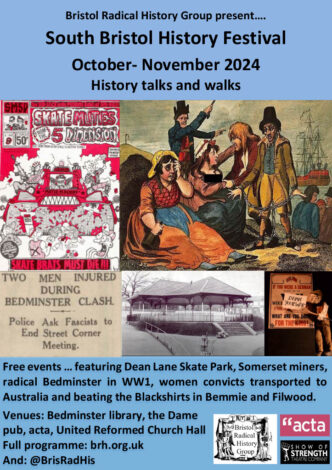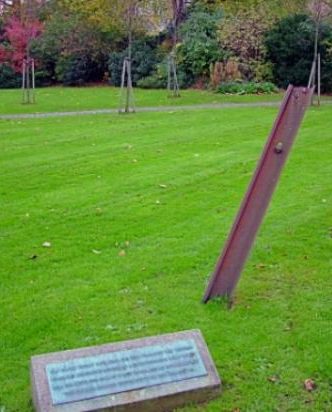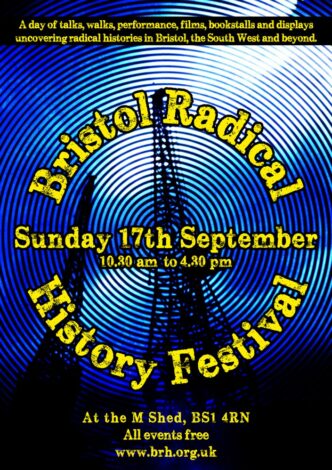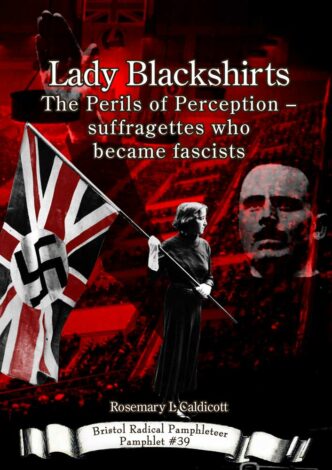During the 1930’s militant anti-fascist responses to Oswald Mosley’s Blackshirts were established amongst the Bristolian working-class. Discouraged by their defeats in the inner-city districts of Bristol, the British Union of Fascists (BUF) turned their attention to south Bristol, Bedminster and the new garden suburbs springing up on the outskirts of the city. This illustrated talk traces the migration of pre WWII physical resistance to fascism in Bristol from the smoky and overcrowded slums to […]
During the 1930’s militant antifascist responses to Oswald Mosley’s Blackshirts were established amongst the Bristolian working-class. Discouraged by their defeats in the inner-city districts of Bristol, the British Union of Fascists (BUF) turned their attention to south Bristol, Bedminster and the new garden suburbs springing up on the outskirts of the city. This illustrated talk traces the migration of pre WWII physical resistance to fascism in Bristol from the smoky and overcrowded slums to […]
During the 1930s in Bristol and nationally much of the working-class identified Oswald Mosley and his British Union of Fascists (BUF) as a major threat to their freedom, their organisations and to ethnic and religious groups within their number. This walk visits the venues that welcomed Mosley's Blackshirts and celebrates the community that vigorously rejected him along with Mussolini, Hitler and General Franco. It will introduce some of the flashpoints in the city-centre marking a proud history […]
7.00pm, Tuesday 29th November, Filwood Library, Filwood Broadway, Bristol BS4 1JN During the 1930’s militant antifascism against Oswald Mosley’s Blackshirts was ingrained and established amongst the Bristolian working-class. Discontented by their many defeats in the inner-city, industrial working-class districts of Bristol the British Union of Fascists (BUF) turned their attention to the new garden suburbs springing up on the outskirts of the city. Unfortunately for the BUF, working-class […]
During World War Two the Nazis dropped bombs on two of the battlegrounds of working-class Bristolian resistance to Oswald Mosley and his notorious fascist paramilitaries, the ‘Blackshirts’. From the Ropewalk to Melvin Square this project investigates the heroes and villains of inter-war class conflict and reveals the proud history of Bristolian anti-fascism from the very beginnings of the British Union of Fascists (BUF). This project aims to answer some important questions: Why did significant […]
A series of 10 minute 'taster talks' covering recently or soon to be published Bristol Radical History Group texts. These include: Lady Blackshirts: The Perils of Perception – suffragettes who became fascists [Rosemary Caldicott] During the 1930’s a small group of ultra-nationalistic women, who considered themselves feminists, joined Oswald Mosley’s British Union of Fascists. Surprisingly some of these women were former high ranking members of the suffragette movement. The Smoke-Dragon and How […]
During the 1930s a small group of ultra-nationalistic women, who considered themselves feminists, joined Oswald Mosley’s British Union of Fascists. Surprisingly some of these women were former high ranking members of the suffragette movement. Over 50 regional branches of the British Union of Fascists, with Women’s Sections, opened across the United Kingdom. The branches were established to promote and normalise the ultra-right and to position fascism as an acceptable political choice within […]





